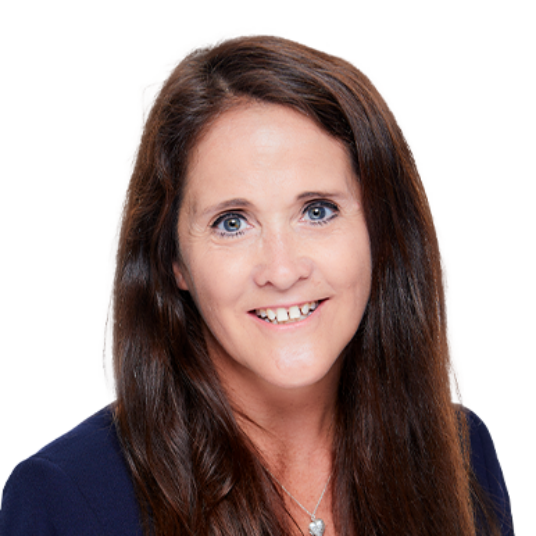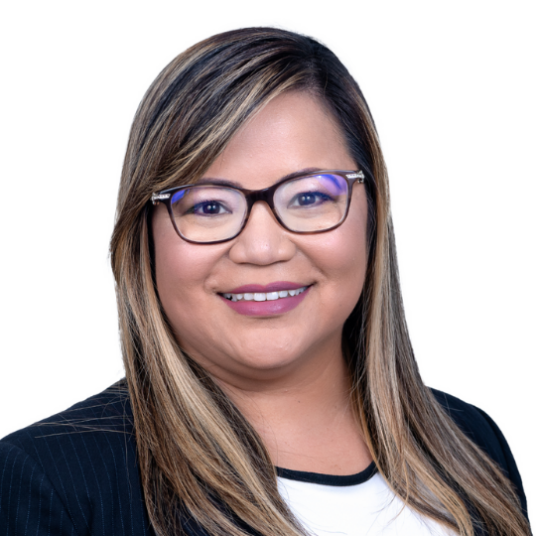We have brought together colleagues from the Appleby and Appleby Global Services’ global network to share their reflections and insights on progress made and action still needed to accelerate gender equality. Thank you to the following for taking part in our Q&A discussion:
- Jyotika Kaushik (Appleby, Associate – Seychelles);
- Jane Smith (Appleby, Group Chief Financial Officer – Jersey);
- Yvee Solas (Appleby Global Services, Senior Vice President – Cayman Islands); and
- Hannah Yao (Appleby, Partner – Shanghai)
Locations
Bermuda , British Virgin Islands, Cayman Islands, Guernsey, Hong Kong, Isle of Man, Jersey, Mauritius, Seychelles, Shanghai
Type
What is one major advancement in gender equality you have observed in your professional life or elsewhere that has made a difference?
Jyotika Kaushik: I am a lawyer, and I am often surrounded by smart, intelligent and hardworking women, and even then, I often find that women are reticent in promoting themselves and sharing their ideas. Our social conditioning which internally guides us in ‘how we should be’ might take a while to change, but it is truly inspiring to see women, friends and colleagues breaking out of this conditioning to unapologetically reach their potential. One of the biggest changes that I have observed is that women are becoming more confident to ‘take up space’ and make themselves heard.
Jane Smith: My family life has not followed the traditional path, or been as I had anticipated. I always assumed I would be the main carer for our children, but my life did not develop this way. As I moved up through my career I was fortunate enough to have many wonderful mentors along the way, both men and women. This helped me significantly on my journey and before I knew it I was taking on more responsibilities and greater challenges. This of course put greater pressure on my time to be available for my family. My husband and I jointly made the decision that I would become the main earner and he would be the stay at home father. At this time in our lives, this is no longer seen as unusual and not feeling judged, as we may have once been, can make a big difference for families who choose this option.
Yvee Solas: In the Cayman Islands, I have noticed an increased commitment in accelerating gender parity to ensure everyone has the same access to resources, opportunities and benefits, without bias or limitations related to gender. I am seeing more appointments of women in both public (our Premier and Governor are both women!) and private sectors that is helping to elevate women representation in governance positions. Local organisations such as 100 Women in Finance and Gender Equality Cayman have also been making strides in gender diversity in terms of leadership as well as creating networks for mentorship and career advancement, particularly women. In a community like the Cayman Islands this helps progression and building a foundation for the future.
Hannah Yao: The rise and success of women in formerly male-dominated sectors, such as astronauts and scientists and the growing number of women in the professional services sector, is one of the most significant developments in gender equality that I have witnessed in my career. Because of stereotype and biological differences, women may have to work harder or undergo more stress than men, which cannot be overlooked while applauding their accomplishments.
Is there an inspirational leader who you have admired for their efforts in promoting gender equality and tackling inequality?
Jyotika Kaushik: I had the opportunity to complete some of my law university courses with Professor Amita Dhanda, an Indian activist and academician who works in the field of disabilities rights and gender law. Her teachings forced us out of our comfort zone and got us thinking about gender roles, equality, discrimination, justice and intersectionality – how these impact us in our day to day lives, and how we view ourselves and others. I have always respected her work and her efforts to influence government policies towards adopting a rights-based and inclusive approach, and guide generations of law students towards an empathetic way of looking at our society and questioning the status quo.
Jane Smith: I admired Jacinda Arden in her approach to dealing with the Covid-19 crisis and think she showed great strength and humility, at this time. She built the trust and respect of her nation, during probably one of the most difficult periods of time, across the whole world and when so many people were looking to the government to make the right decisions that would impact their lives so significantly. She was not of course directly promoting gender equality but her actions certainly had the same impact.
Yvee Solas: I have had the privilege of working with several women and men colleagues, managers and partners, who have mentored and helped me to develop as the professional I am today. One common trait I observed is their inclusive decision-making approach that ensures diverse voices are heard, helping to create a platform for all, regardless of gender, age or race, to contribute to important decisions. Working at Appleby Global Services, I am given an opportunity to shape processes and policies with the goal of contributing a positive impact to our success.
Hannah Yao: Many notable leaders around the world, such as Ruth Bader Ginsburg and Malala Yousafzai, have made significant contributions to the cause of gender equality, and their tales serve as motivation for countries to strive for this goal. However, raising ordinary women’s awareness of gender issues is another aspect of gender equality. One recent Chinese film, “The Determination to Leave Home,” for instance, tells the story of a 56-year-old woman who, in 2020, decides to leave the city where she has lived for over 30 years and sets out on a more than 170,000km self-driving journey through 400 cities across the nation. After 30 years of fulfilling her responsibilities as a wife and mother on a daily basis, her narrative is more about discovering who she is and her freedom than it is about conquering gender prejudice to attain personal success. Because she personifies the problem that many Asian women encounter – losing oneself in the monotonous daily grind of life – her narrative is inspirational. In addition to providing support to the family, a woman’s role in society is to be herself.
When have you felt empowered to be your best? Who helped you and how could you pay that forward?
Jyotika Kaushik: It is truly empowering to have colleagues who are ready to take the time to mentor and who genuinely enjoy sharing valuable knowledge distilled from their experiences, and a workplace which appreciates and values your work. I have been lucky to find both at Appleby. I hope to be able to pay it forward by helping younger and newer colleagues with their professional aspirations, in the same way.
Jane Smith: I have been very lucky in my career and consider myself very fortunate to have worked with some very inspirational people. Without wanting to generalise too much, I think most women do not have the same level of confidence as their male peers, so it takes people around you to help you believe in yourself. This is the most empowering experience we can have in the workplace, knowing we have the support of others and a good team to work with. I have been lucky to work with so many supportive colleagues who have my back and encourage me in my success as I do to them.
Yvee Solas: I previously had doubts about changing careers but with the support of my peers and mentors, who provided constructive feedback and encouragement, it fostered my confidence which in turn led to incredible growth and new opportunities. One person I considered my mentor gave me very valuable advice, which was to self-reflect and assess my progress, challenges and goals and to be an advocate for myself. Likewise, I hope to pay it forward by giving credit to people for their achievements, offering encouraging words, stepping in to ensure voices are heard in discussions or taking time to actively listen and share my knowledge and offer advice.
Hannah Yao: Feeling empowered to be your best often comes from a combination of personal determination and the support of others who believe in your potential. In my career, I have had the privilege of working with so many inspiring lawyers who are more senior than me. What they all have in common is an unwavering focus, an unrelenting diligence and a strong discipline. They always believed in my potential and constantly provided me with great support. They never treated me differently because of my gender (although this may not be the case in other firms or sectors). I will also do my best to ensure that the environment or place where I work has the same quality: gender equality, and offer support to others who are navigating their own challenges.
In five years, what does a truly equitable workplace look like?
Jyotika Kaushik: An equitable workplace is one that can bring about parity by ensuring equal pay and equal opportunities across genders, while also having enlightened workplace policies which recognise the barriers that women face in their professional growth and that accommodate the reality of the role of women as mothers or caregivers in society, and the unique challenges they face.
Jane Smith: I think a truly equitable workplace will be when we finally not only accept our differences as individuals, but actively encourage them. They have started to adopt this culture in schools now and it works. Each and every one of us has a unique set of skills and something to offer. If we can recognise this and develop our emotional intelligence we will succeed in becoming not only equitable, in my view, but also extremely successful.
Yvee Solas: For me, a truly equitable workplace would be where diversity is celebrated and inclusion is deeply embedded in the way the organisation operates and interacts with its employees, clients and stakeholders. It offers an environment where employees feel a strong sense of belonging and a workplace where individuals are valued, respected and empowered to reach their full potential.
Hannah Yao: While there has been an increase in the number of women working in traditionally male-dominated industries, there is still a way to go in terms of achieving equal representation in leadership roles, especially in the professional services sector, particularly law firms. It is hoped that the next five years will see an increase in the number of women, as well as other minority groups, occupying leadership roles. Achieving this will require equal opportunities for all genders to showcase their talents and assume leadership roles, as well as an environment where all individuals feel valued and empowered to contribute their best.


















